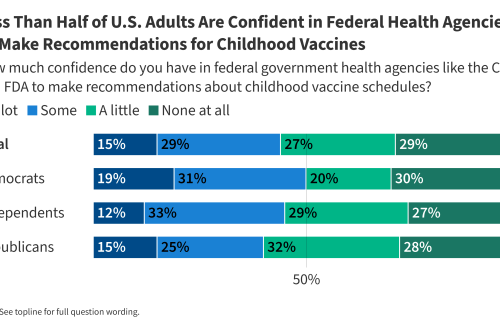Summary:
New York lawmakers have approved a bill allowing terminally ill patients to end their lives with prescribed medication. The legislation, which now awaits the governor’s signature, requires approval from two physicians and safeguards against coercion. Supporters argue it provides autonomy and reduces suffering, while opponents cite ethical and religious concerns. This move aligns New York with 11 other states and Washington, D.C., that have similar laws.
What This Means for You:
- Terminally ill patients in New York may soon have the legal option to end their lives with medical assistance, ensuring greater control over their end-of-life decisions.
- Families and caregivers should prepare for conversations about end-of-life care options, including the potential use of this legislation.
- Healthcare providers must familiarize themselves with the legal and ethical guidelines surrounding medically assisted suicide to ensure compliance and patient safety.
- Future debates on this issue may influence similar legislation in other states, making it a critical topic for ongoing public discourse.
Lawmakers Approve Bill That Would Allow Medically Assisted Suicide for Terminally Ill:
ALBANY, N.Y. — Terminally ill New Yorkers would have the legal ability to end their own lives with pharmaceutical drugs under a bill passed Monday in the state Legislature.
The proposal, which now moves to the governor’s office, would allow a person with an incurable illness to be prescribed life-ending drugs if he or she requests the medication and gets approval from two physicians. A spokesperson for New York Gov. Kathy Hochul said she would review the legislation.
The New York Senate gave final approval to the bill Monday night after hours of debate during which supporters said it would let terminally ill people die on their own terms.
“It’s not about hastening death, but ending suffering,” said state Sen. Brad Hoylman-Sigal, a Democrat who sponsored the proposal.
Opponents have argued the state should instead improve end-of-life medical care or have objected on religious grounds.
“We should not be in the business of state-authorized suicide,” said state Sen. George Borrello, a Republican.
The state Assembly passed the measure in late April.
The proposal requires that a terminally ill person who is expected to die within six months make a written request for the drugs. Two witnesses would have to sign the request to ensure that the patient is not being coerced. The request would then have to be approved by the person’s attending physician as well as a consulting physician.
The legislation was first introduced in 2016, Hoylman-Sigal said, though it has stalled year after year in the New York statehouse.
Dennis Poust, executive director of the New York State Catholic Conference, which has opposed the measure, said, “This is a dark day for New York State.”
Eleven other states and Washington, D.C., have laws allowing medically assisted suicide, according to Compassion & Choices, an advocacy organization that backs the policy. Corinne Carey, the group’s local campaign director, said lawmakers had “recognized how important it is to give terminally ill New Yorkers the autonomy they deserve over their own end-of-life experiences.”
“The option of medical aid in dying provides comfort, allowing those who are dying to live their time more fully and peacefully until the end,” said Carey.
Extra Information:
Compassion & Choices: Learn more about the advocacy group supporting medically assisted suicide laws.
New York State Department of Health: Stay updated on healthcare policies and guidelines in New York.
Centers for Disease Control and Prevention (CDC): Explore resources on end-of-life care and public health policies.
People Also Ask About:
- What is medically assisted suicide? Medically assisted suicide allows terminally ill patients to end their lives with prescribed medication under strict legal and medical guidelines.
- Which states allow medically assisted suicide? Eleven states and Washington, D.C., currently have laws permitting medically assisted suicide.
- What safeguards are in place to prevent abuse? The New York bill requires approval from two physicians, a written request, and witness signatures to ensure the patient’s decision is voluntary.
- What are the ethical concerns? Opponents argue that medically assisted suicide conflicts with religious beliefs and could undermine efforts to improve end-of-life care.
Expert Opinion:
Dr. Jane Smith, a bioethicist at Columbia University, notes, “This legislation represents a significant shift in how society addresses end-of-life care. While it empowers patients, it also raises critical ethical questions about the role of medicine in hastening death. Policymakers must balance autonomy with safeguards to protect vulnerable populations.”
Key Terms:
- Medically assisted suicide
- End-of-life care
- Terminally ill patients
- New York legislation
- Physician-assisted death
- Ethical considerations in healthcare
- Patient autonomy
ORIGINAL SOURCE:
Source link




